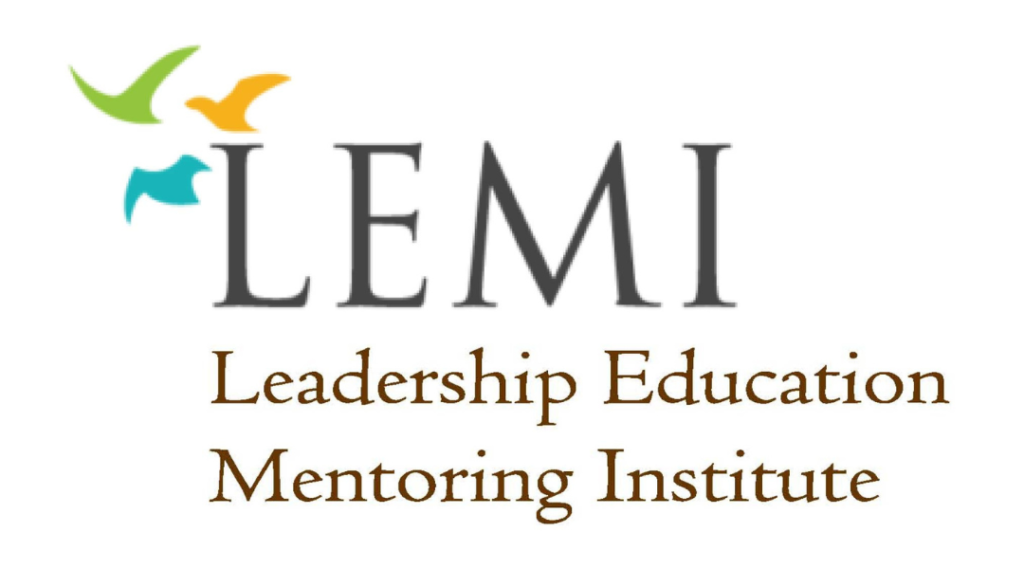
LEMI'S MISSION
We are dedicated to promoting true educational and leadership principles that strengthen families, build communities, and provide opportunities for obtaining a leadership education for families.
About Leadership Education
Leadership Education is not just an educational philosophy but rather it is a family and community culture. When you choose a Leadership Education for your family, there are many new principles that it incorporates, including:
- A Core Book – A book(s) that contain your values.
- Leadership – Both in the Home and Community
- Virtue – Both private and public
- Education in phases – Including your own
- Actively mentoring your children through their education.
- Family involvement– parents taking responsibility with their children to guide, direct, and own the education of the family members.
These principles are part of a culture that is not found in every neighborhood. So when people sense their value, they immediately start trying to find others to join with them in their culture, for themselves and especially for their adolescent youth.
One pattern that we see is that families are pretty comfortable with the pre-school through elementary ages. The very idea of these two ages is liberating to most people because it is refreshing to be able to do what seems natural. However, the scholar phase does not have the same natural feel because most people who are educated in public education today did not experience a scholar phase themselves. “Scholar phase” is the phase of education where each of the students put in thousands of hours studying the classics of all-time, learning how to think, shaping their hearts and minds, and obtaining the kind of education that is required for freedom. It is also where the Scholarship Ladders become essential.


Scholar phase
SCHOLAR PHASE CAN BE BROKEN DOWN INTO FOUR PARTS:
- Practice Phase: when students begin to gain scholar skills in reading, writing, thinking, computing, etc. to such a degree that they become independent thinkers. At first it takes a lot of practice and looks inconsistent, in time it becomes easier and easier and the student’s ability to focus increases. It becomes more consistent with practice.
- Apprentice Phase: study hours are doubled once again, from four to eight. This is the bottleneck of scholar phase, where many, many scholar skills are learned so that the student’s time can be used effectively.
- Self-Directed Phase: this is “The Bar” where a student has proven that they have the skills and abilities to read anything, speak persuasively, write persuasively, obtain the mentors they desire, work with mentors, and think.
- Mentored Phase: this is usually done at college.
Although there are many ways to accomplish scholar phase, LEMI has provided methods, tools, and mentoring to assist both parents and youth to progress through the various levels of scholar phase as they prepare for a broad, deep study of the classics.

Please check out our main website for more information
To find out more about Leadership Education, Scholar Phase, and everything Leadership Education Mentoring Institute offers that will help you on your educational journey, please be sure to check out our main website by clicking on the button below.
Add Your Heading Text Here
FREE Online Course
Continuing Education Membership Site
Enroll in the FREE LEMI Essentials and Philosophy course, the cornerstone of all our endeavors at LEMI. Take this opportunity to delve into the world of LEMI, broaden your understanding, and get ready for upcoming training sessions. Uncover the principles and values that underpin our organization and embark on a transformative learning experience.
DEFINITIONS
Leadership Education-Sovereign Education – Education as great leaders of the past, such as Benjamin Franklin and John Adams obtained, education that leads to sovereignty over self, with family, in our communities, nations, and countries.
- Our Core book(s) is/are a stable measure of truth we use to compare other content (This book or set of books is established with parents, through much pondering, and meditation.)
- Core Phase – Pre-School age children are exposed to all kinds of learning. Especially from example and in the family environment and small, safe learning groups. (Mobile devices have evolved quickly. When and how do we use them with small children? Should this be limited?)
- Love of Learning Phase – Elementary age children thrive in structured, creative environments where exposure and accountability are introduced.
- Scholar Phase is when we choose in and spend the time needed to educate ourselves. (Usually 8-12 hours a day.) There are 4 phases or levels within Scholar Phase (see above for more.) During Scholar Phase the student climbs the Scholarship Ladders.
- Classics are books, movies, documents, art etc… that are worth experiencing over and over again because of their greatness. They teach human nature, cause and effect, and many more lessons that make us think.
- Liber Community School or Commonwealth– A school form where parents are the governing and voting body, where Scholar Projects are taught, and where Scholar Phase takes place.
- Forms – A method or established system of doing something, such as government forms.
- Scholar Projects – Projects developed to move adults or youth through the levels of scholarship, developing Vision, Mission, Abilities, Skills, and Knowledge to become Liber.(see Scholar Projects above)
- Scholar Skills – 1. Thinking 2. Speaking 3. Writing 4. Computing 5. Reading
- Liber – A Latin root word meaning freedom (liberty) and education (library). In ancient Rome being liber referred to those who could read and write. They were the ones who could enter into contracts, were wealthy, etc. because they were the ones who were free. In Leadership Education, being liber means those who have a classic liberal arts education and know how to think rather than just what to think.
- Mentoring – teaching.
- Environments of Learning – Lecture, Testing, Simulations, Colloquium, Debrief, Coaching.

